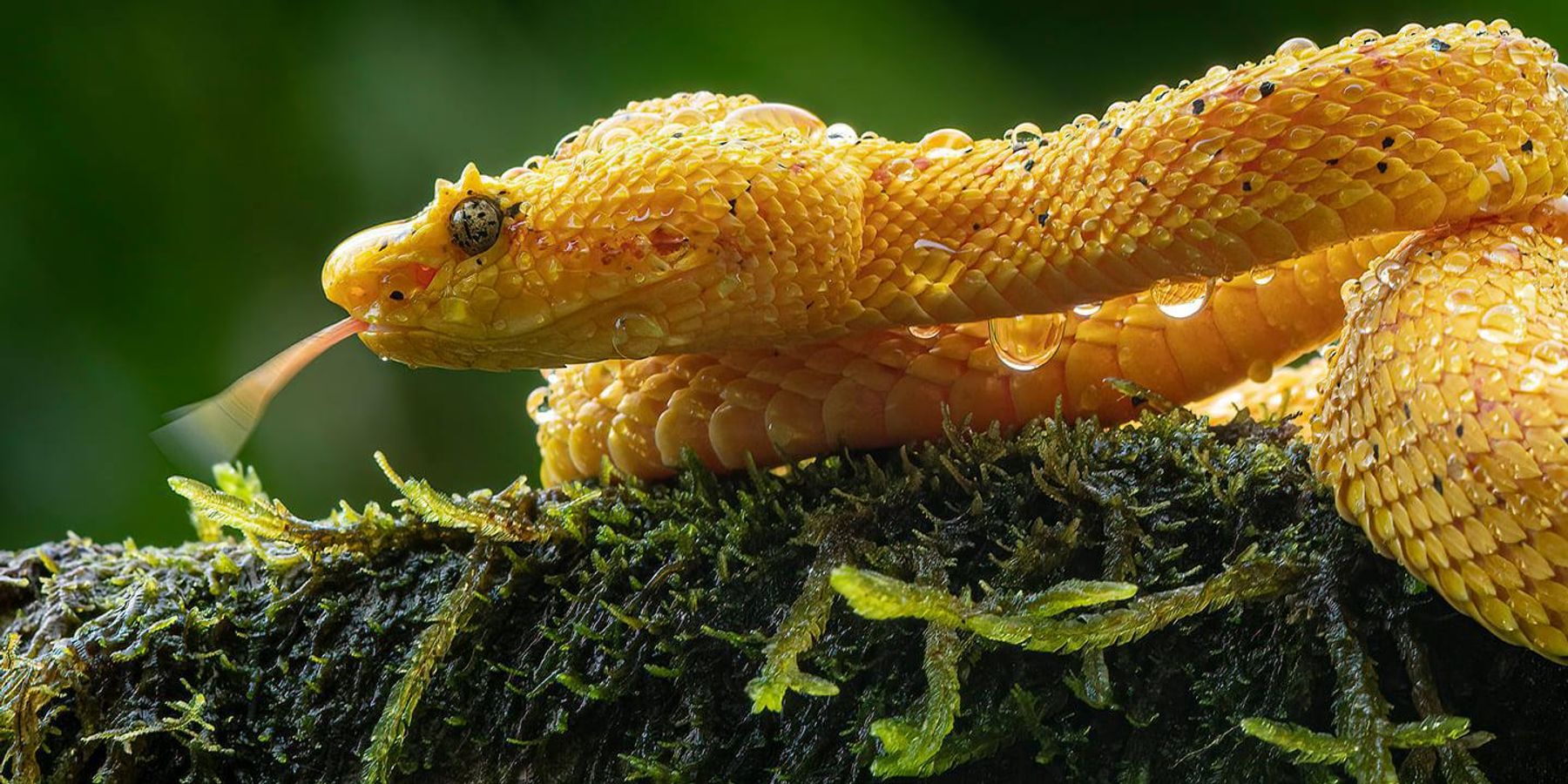
Pete Myers: We saw this coming
On climate science, a small group of very smart and very selfish people – backed by huge sums of money – have stopped the changes that needed to be made.
Woke up this morning and lay in bed for an hour reading the press on the new IPCC report. As if we didn't know this was coming #*&#%%!!
I quit a tenured academic position in 1987 to join the National Audubon Society as Senior Vice President for Science with the hope of getting them to take on climate change. I even brought one my climate science heroes, George Woodwell, to an Audubon board meeting. If HE couldn't do it, no one could. Ironically, I had an easier time convincing New Jersey's Republican governor at the time, Tom Kean, to issue a proclamation warning about global warming. Really.
In 1988 at the Audubon Society's national conference I spoke to grassroots leaders about the basic physics and chemistry of climate change, and what it meant for the future of birds. At the beginning of my talk I even held up a bag of disposable diapers and warned that if they truly understood what I was saying, and believed it, they'd need some of these.
No takers. So in 1990 I left and became director of the W. Alton Jones Foundation. Over the next dozen years we distributed millions of dollars in grants to organizations attempting to turn the tide on climate change. I don't think we bent the curve one one-hundredth of a degree.
Manufactured doubt and the IPCC
As I lay there reading the press reports, I realized that the joke has been on us: Margaret Mead's famous quote about what a small number of people can do is actually about the denialists. A small group of very smart and very selfish people backed by huge sums of money have managed to stop the changes that need to be made. They're going to a future Hell of their own creation but they are bringing us with them.
And they haven't done it just on global warming. Manufactured doubt has a deep history: The tobacco industry honed into a nuclear weapon. The climate denialists adapted their methods. The endocrine disrupting denialists climbed on board. And most recently the vaccine/Covid skeptics have carried the baton.
(By the way, the EDC denialists are responsible for some portion of the COVID-19 deaths because EDCs contribute to the co-morbidities that have killed many people. I think many fewer people would have died if the denialists had never bared their fangs.)
Climate Denialists
So heeding Albert Einstein's dictum to not keep doing something that doesn't work, I'm pulling out the vipers. My friend pictured at the top of this article here, Generalissimo Eyelash Viper, is going to begin seeking out the denialists to offer them a short-cut to the Hell of their own creation.
Pete Myers is the founder and chief scientist of Environmental Health Sciences. Views expressed are his own and not necessarily those of Environmental Health News or The Daily Climate.
Top photo of an eyelash viper courtesy Pete Myers.













